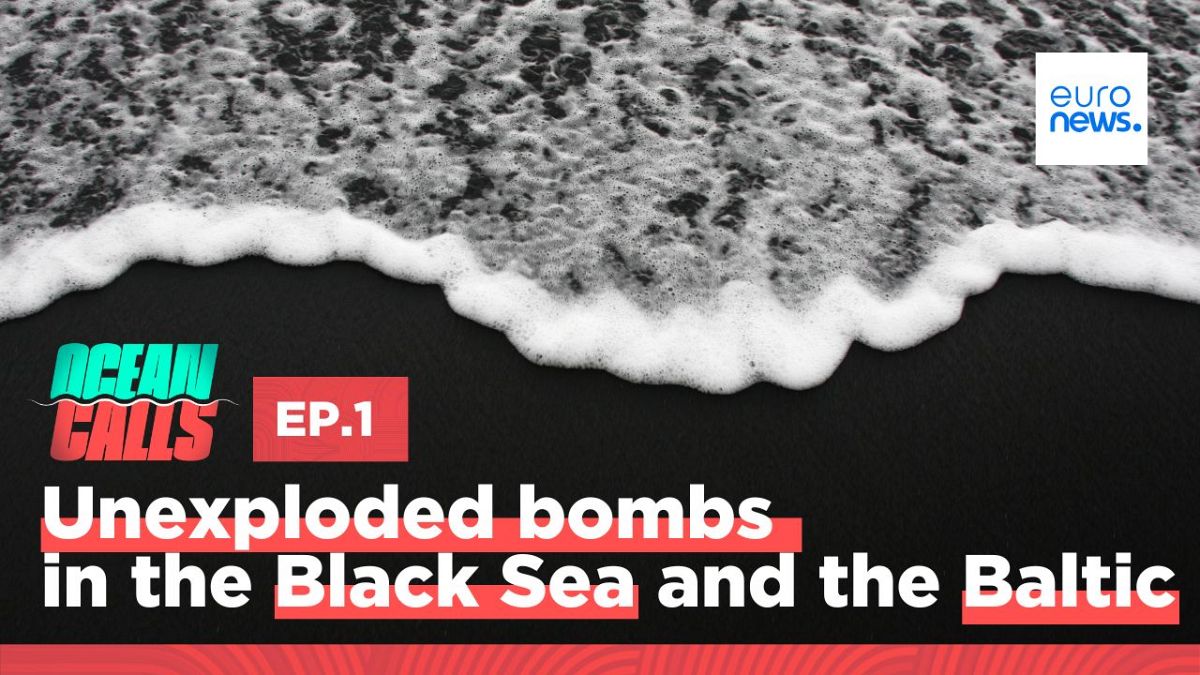In an episode of Ocean Calls, the environmental impact of dumped munitions and unexploded bombs in the Black Sea and Baltic is discussed. The destruction of the Kakhovska dam in Ukraine led to devastating pollution, killing marine life and altering ecosystems. The ongoing war between Russia and Ukraine is also impacting the marine environment beyond their coastlines.
During WWII, millions of tons of munitions were dumped in the Baltic and North seas, creating a significant threat to the environment. The European Union has invested in various methods to detect and remove unexploded munitions, but challenges remain due to legal responsibilities and lack of coordinated cleanup efforts.
Efforts like controlled detonation and building sarcophaguses around buried bombs have drawbacks for the environment. The safest method involves specialized equipment to safely remove UXO from the sea and transport it for disposal.
The episode explores the complicated legacy of WWII and whether lessons learned from that time can help with the current situation in Ukraine. The discussion also touches on the unique story of the oldest and best-preserved shipwreck ever found in the Black Sea.
Produced in partnership with the European Commission’s Directorate-General for Maritime Affairs and Fisheries, Ocean Calls delves into the pressing environmental issues facing marine ecosystems. Listeners are encouraged to tune in to learn more about the challenges of cleaning up munitions from European waters and the potential solutions to protect marine life in the Black Sea and beyond.
Source
Photo credit www.euronews.com


